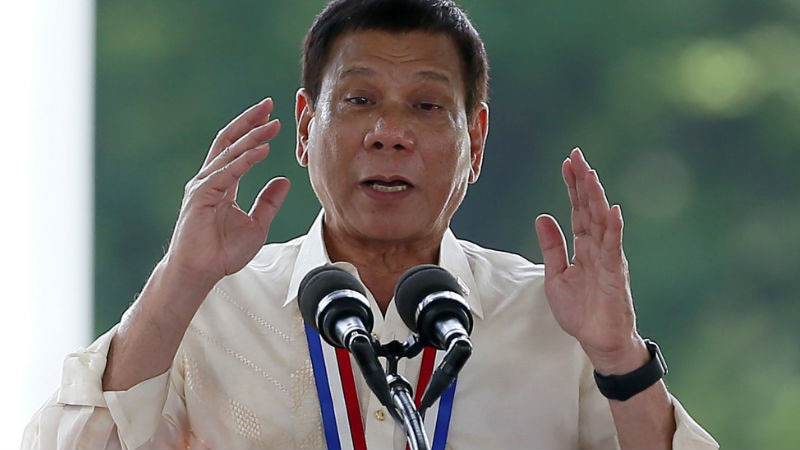Duterte’s three changes are here
Despite what its various spokesmen say, the new order is not markedly different from previous administrations in the fight against corruption, or the drive to fill the infrastructure deficit, or even the pursuit of peace. I write this knowing that excellent people are in charge of certain key departments, including Ernie Pernia at Neda, Liling Briones in Education, Judy Taguiwalo at DSWD. I realize that Vice President Leni Robredo has been given the room she needs to make an impact in housing. I know that peace stalwarts like Jess Dureza and Irene Santiago are hard at work to build on what has been done before.
But if there is a difference, an improvement, in these matters, it is a difference in degree. And as far as the anticorruption campaign goes, the new administration may be said to retrogress. (See third concern below.)
Article continues after this advertisementOn three concerns, however, it is clear that the Duterte administration is fundamentally different from other post-Marcos administrations. Change has come, in three deeply unsettling ways:
The killing spree. Unlike any other presidential candidate in Philippine history, Mayor Rodrigo Duterte campaigned on a promise to kill fellow Filipinos — as many as 100,000 criminals, he said, whose corpses will clog Manila Bay. Was he indulging himself in hyperbole, or merely joking, or in earnest? Some 4,000 kills later, the answer should be clear. He was dead serious.
Many of the dead were innocent; most could not have been beyond rehabilitation (or, in theological terms, redemption). Hardly anyone was given the benefit of due process.
Article continues after this advertisementThe notion that rival drug gangs are killing each other’s members is an elaborate fiction; has there been any gang war anywhere in the world where the rate of kills is steady, night after deadly, dystopian night? The execution of Mayor Rolando Espinosa of Albuera, Leyte, was carried out by policemen who have vigorously defended their actions; supporters were quick to describe the killing as gang-related. Leftist organizations supporting Mr. Duterte say the Espinosa killing, at 4 a.m. in his jail cell, was a setback for the war on drugs. Isn’t the more logical explanation simpler — that Espinosa’s death, publicly ordered by the President, is exactly how the war on drugs is waged?
The pivot to China. Administration spokespersons speak of an independent foreign policy, but the series of actions the President took to welcome China as an ally in lieu of the United States preceded any invocation of the constitutional principle. This is something the President truly wants — but during the campaign he did not breathe a word of it to anyone.
A cogent geopolitical strategy can be argued as driving the pivot — except that it is against the country’s interests to create unnecessary enemies. And the President’s own security cluster had no inkling before the first announcement.
The rehabilitation of the Marcoses. We do not know what President Duterte thinks he owes the Marcos family, but we know he has flirted with the idea of Ferdinand “Bongbong” Marcos Jr. as his vice president and successor.
I wish to be clear. His running mate, Sen. Alan Peter Cayetano, who abhors Bongbong, topped the vice presidential contest in Region XI; we should give due credit to Mr. Duterte, who clearly campaigned for Cayetano despite a vigorous, Nograles-clan-supported Duterte-Marcos alliance in Davao City. The Marcoses, however, enjoy the President’s confidence enough for him to wager his political capital on a Supreme Court decision.
We still do not know, as of this writing, whether the Court will allow the dictator’s remains to be buried in the Libingan ng mga Bayani. But it should be clear to all that, if it rules in the President’s favor and allows the burial on narrowly legalistic grounds — by essentially holding that the political question doctrine holds despite the post-Marcos Constitution’s innovation, the Court’s power to call out abuse of discretion — it will play a pivotal role in the rehabilitation of the dictator’s family. Instead of affirming the perennial primacy of country and Constitution, it will only confirm the prerogatives of a mere and temporary president.
On Twitter: @jnery_newsstand

















